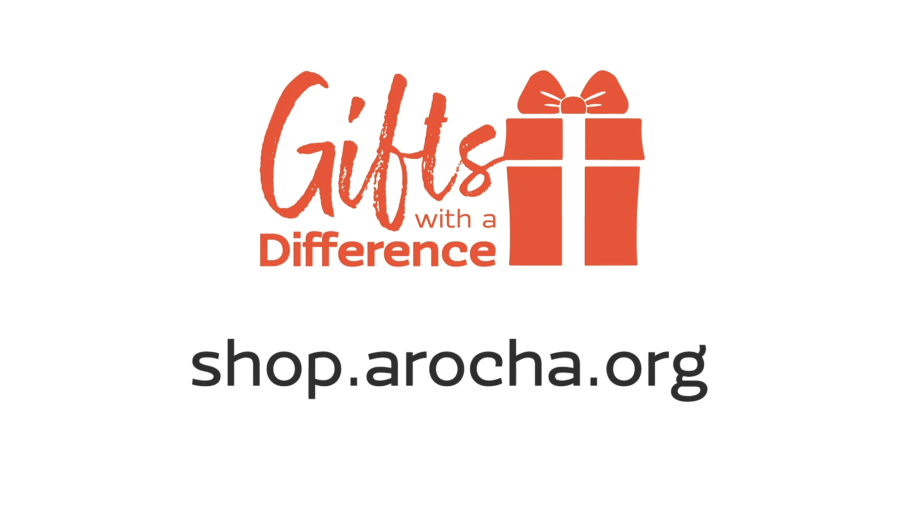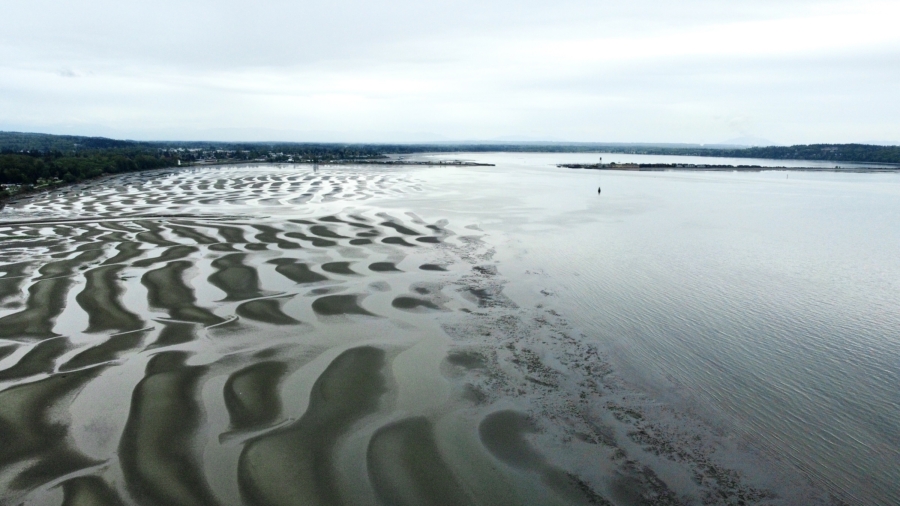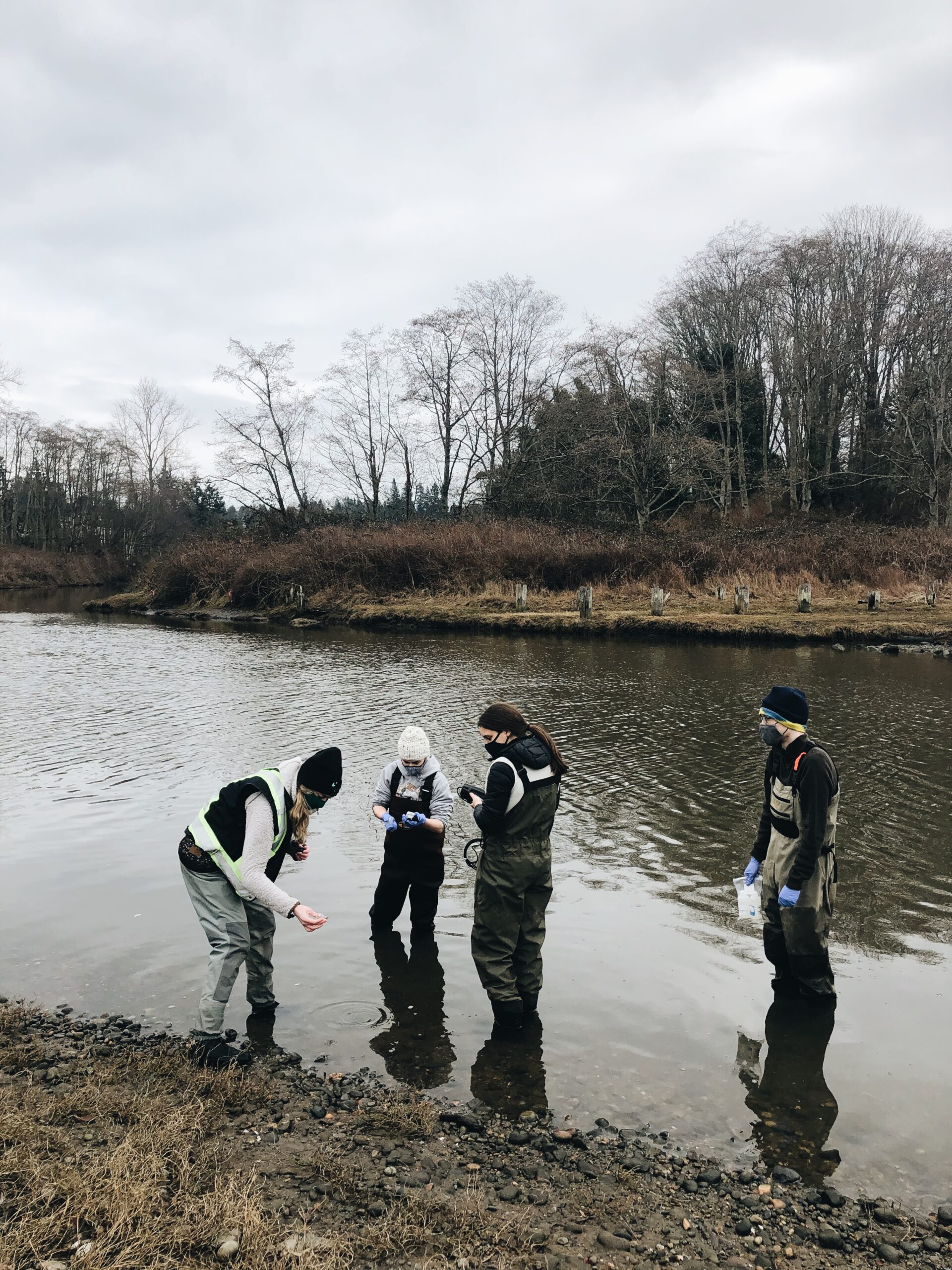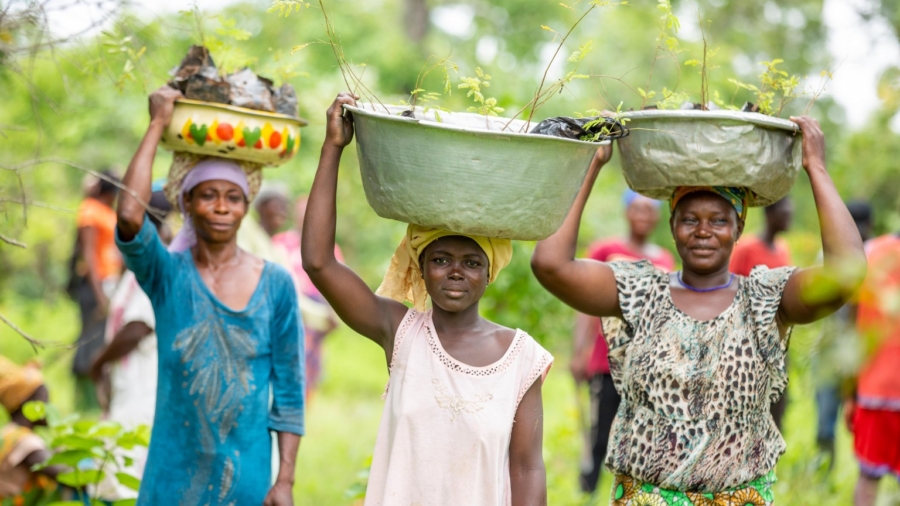If you’re stuck for present ideas for your loved ones this Christmas, why not peruse the A Rocha gift catalogue and make it a Christmas with a difference? We have new products for 2022, plus a range of other Gifts with a Difference that will bring lasting benefits to nature and community members across Africa, Asia and South America.
You can give a wormery to improve the hygiene of families in India as well as the health of the soil, or an elephant crossing to ensure the safety of elephants and people living around Bannerghatta National Park. A clean cookstove for a family in Peru will help save the threatened dry forest landscapes and improve the health of local communities, or you can help train young people to create an organic garden, improving their diet and bringing them closer to nature.
Each order comes with a free gift card to remind your loved one of the difference made in their name. Or, if you are feeling particularly virtuous, you can go paperless and opt for an ecard. (Hint: they are also great if you run out of time!)



